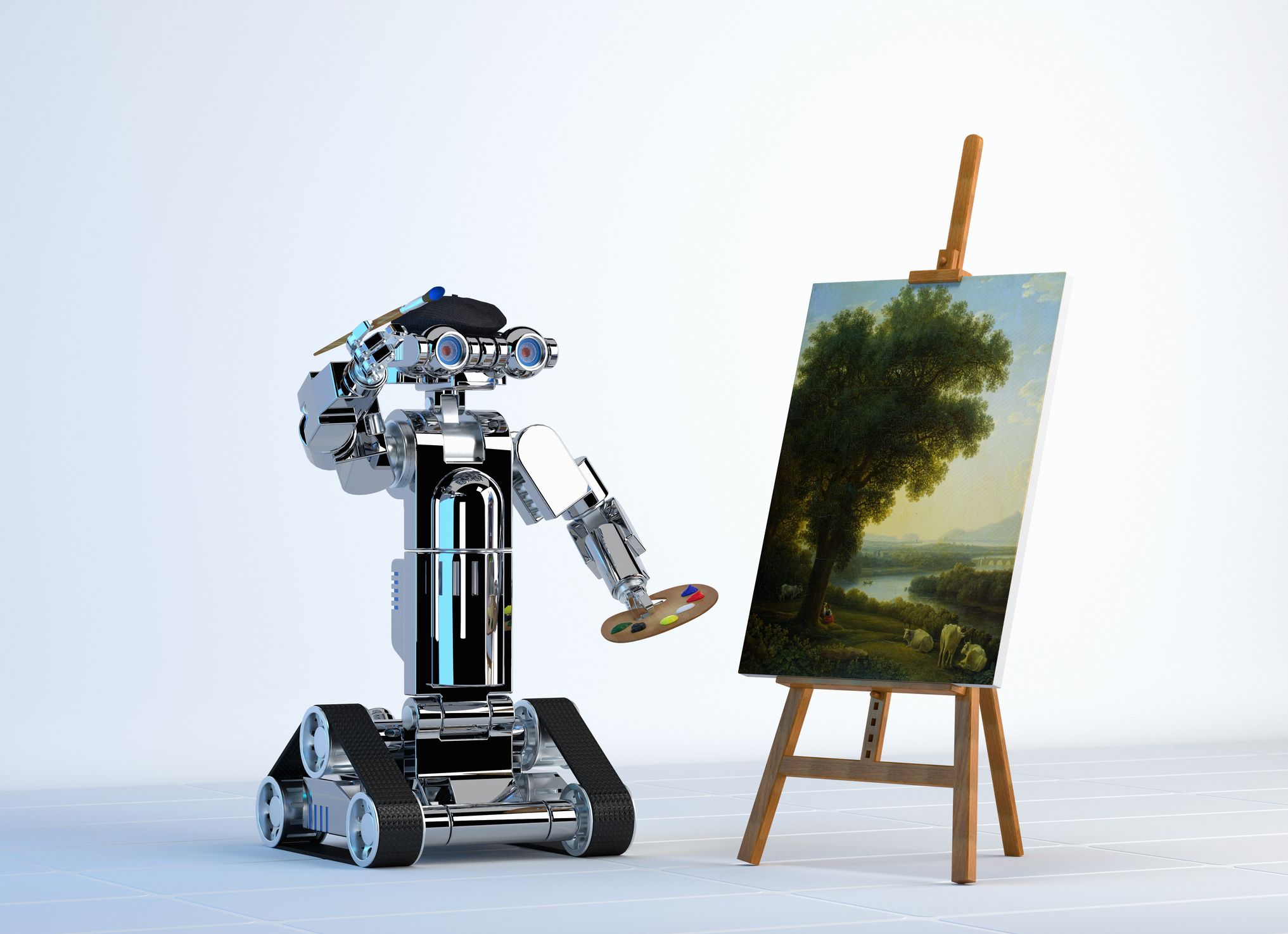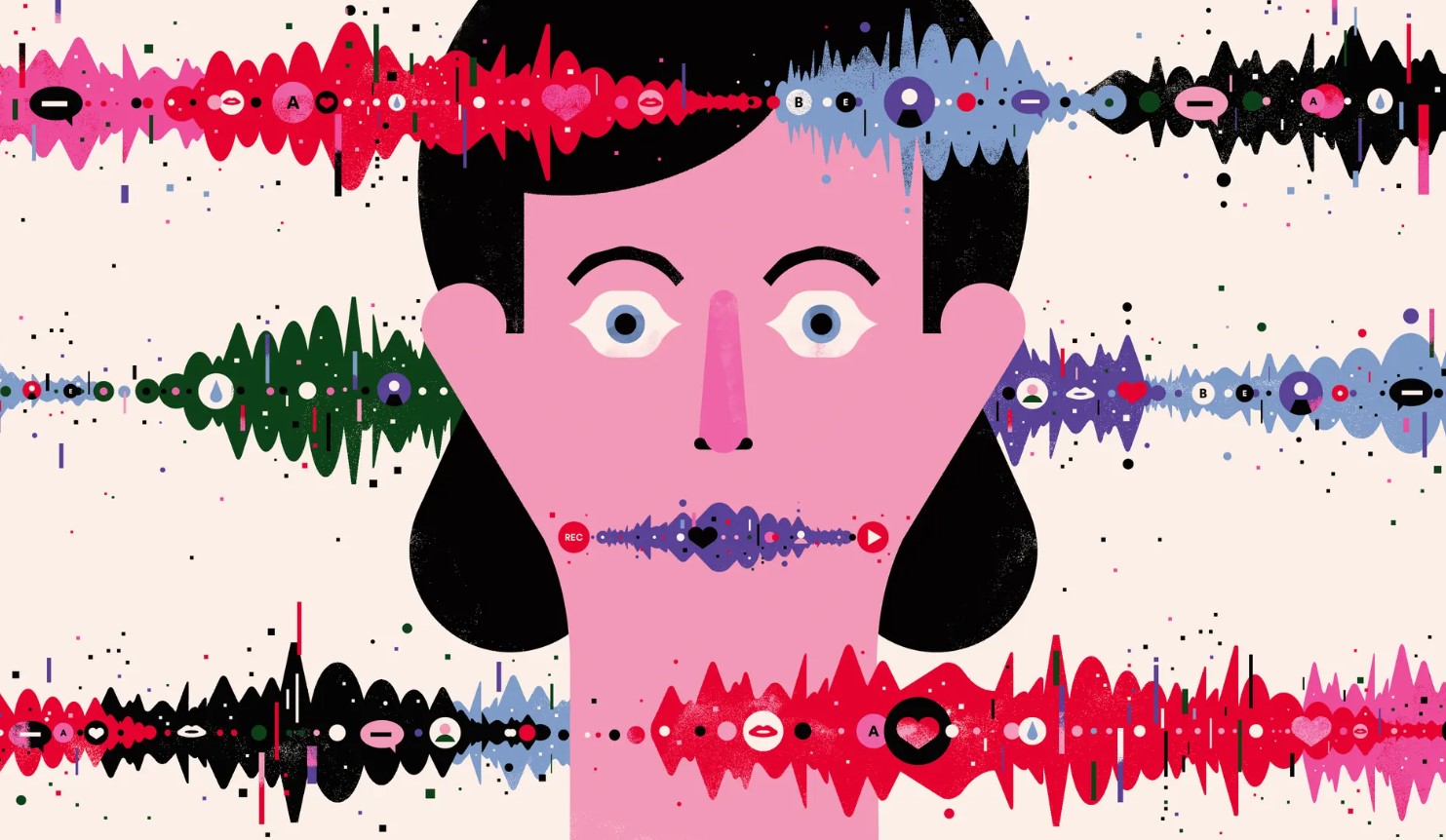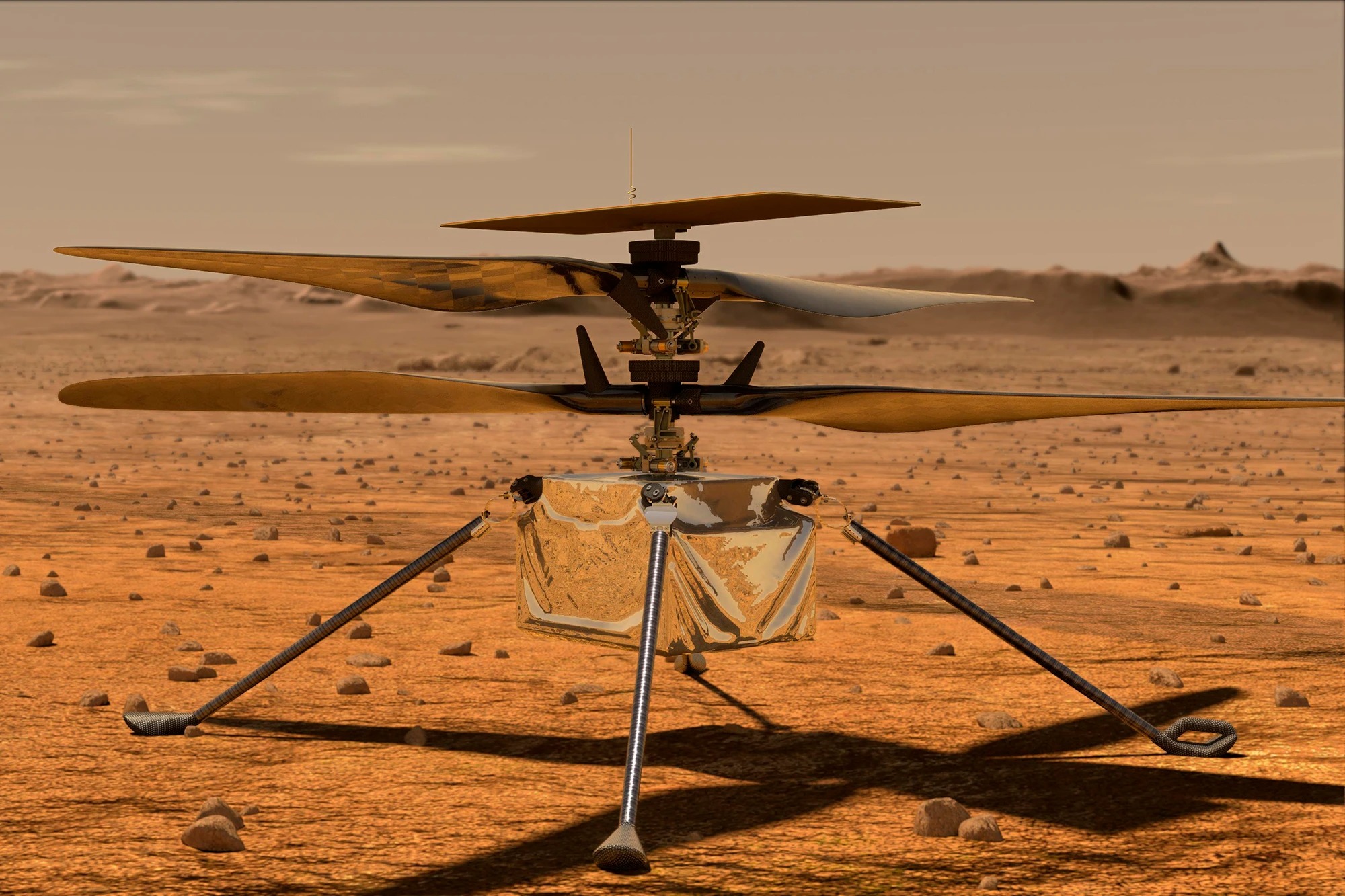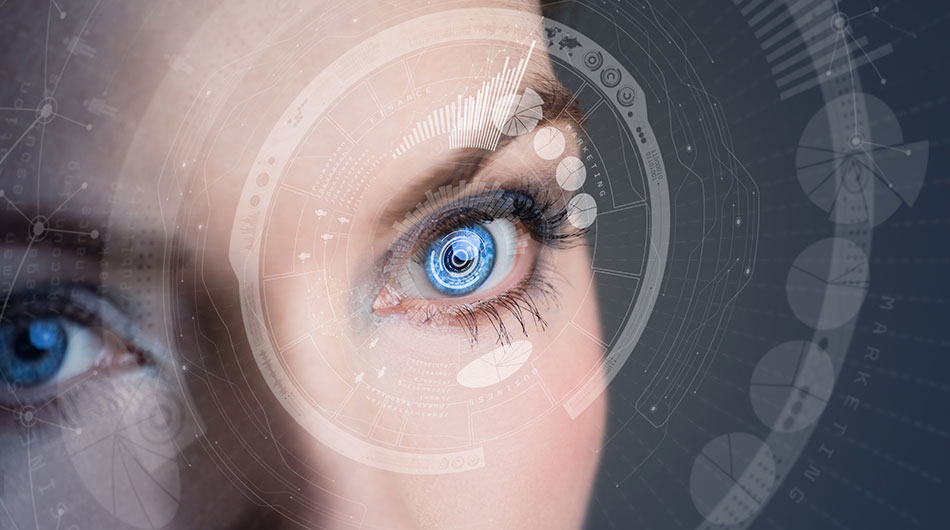What is “The Fourth Industrial Revolution” and How It Will Affect Our Jobs?
Job automation and the implementation of artificial intelligence will lead to four consequences: some jobs will disappear, freelancing will become the main form of employment, our goal will be to master new skills, and perhaps we will be paid an unconditional basic income.
The first industrial revolution in the 18th century began with the extensive use of mechanized labor and a change in the concept of work itself. Mechanisms and engines changed traditional labor, and industrial automation with artificial intelligence will change it once again. Klaus Schwab, the World Economic Forum executive chairman, describes our era as “The Fourth Industrial Revolution.”
So far, the attitude toward this coming revolution is rather panicky: we can lose our jobs, and robots will control us. This alarmist perspective has little to do with actual predictions about future employment. Artificial intelligence continues and will continue shaping the economy and many other life areas, but who says that these changes will necessarily be for the worse?
Some Jobs Will Become Obsolete
Considering how “The First Industrial Revolution” proceeded, it becomes evident that not a single job was swept away the next day. Now, there is a slight (but steady) decrease in the demand for manufacturing occupations in the U.S. According to the World Economic Forum, this change will last long after the revolution has taken place. For instance, in 1979, the number of manufacturing jobs in the U.S. was 19 million; in 1999, it went to 17 million; and in 2009, it was 12 million.
Let’s consider the current situation in the labor market. It is clear that many industries will face definite but controlled obsolescence of particular jobs due to automation and the development of artificial intelligence.
James Manyika speculates on what jobs will be at risk: primarily data collection and processing, as well as physical work. He predicts that in 60% of occupations, about one-third of activities can easily be automated. By 2030, about 15% of work activities will be performed automatically.
Many economists and futurists say that automation is just around the corner. So which professions exactly will be affected? By 2030, the following occupations are predicted to surrender under the robot onslaught:
- Cab and bus drivers will be replaced by self-driving vehicles.
- Drones and robots will replace Courier and food delivery services.
- Accountants, auditors, and news journalists will be replaced by advanced artificial intelligence.
Developing your Skills as a Primary Activity
The endangered occupations have one thing in common: AI has all the skills to perform them. Therefore, to survive “The Fourth Industrial Revolution,” employees need to analyze in-demand skills. World Economic Forum recently published a report about the future labor market, highlighting the most and most minor sought-after skills for 2020.
- In-demand skills: innovation, technological design, critical thinking, leadership, and emotional intelligence.
- Unclaimed skills: manual labor, reading, writing, quality assurance, human resources.
The key to a successful adaptation is to develop the necessary skills. Scientific and critical thinking, the ability to synthesize information and empathize with others is becoming more valuable than a knowledge base.
The important point: even highly qualified specialists need constant development of skills and acquisition of new one’s today. Let’s take, for example, the medical field: artificial intelligence diagnoses cardiac pathologies more successfully than humans do today.
So what should doctors do to stay in the profession? Well, automating the diagnostic process can free up more time to spend on caring for patients, developing new solutions, and improving interpersonal skills.
Massive Transition to Freelancing
Upwork and Freelancers Union jointly conducted a large-scale study of changes in the freelance labor market in the United States. According to their results, 47% of millennials already work as freelancers. By 2027, most Americans will be working as freelancers.
Why are employees eager to escape the traditional eight-hour workday and five-day workweek? In today’s world, many workers prefer the flexibility to stability. Freelancers appreciate more control, freelancing makes it easier to change career direction and gives people more opportunities and time to spend with their families.
Freelancing is the future of the labor market, and the mass transition will significantly impact the economy as a whole.
Will people use transport as intensely? How will they choose where to live? What will happen to the insurance market and pension funds?
Unconditional Basic Income
Thinking about the future labor market would be incomplete without talking about the future without work in general. Yet, many technology leaders and, at the same time, the wealthiest people on the planet like Elon Musk or Mark Zuckerberg talk about unconditional basic income as a possible scenario.
The unconditional basic income system offers its citizens a certain amount of money sufficient to cover basic needs – hoping that if a person does not have to worry about surviving, providing food and shelter for themselves and their children, they will liberate their creative resources and make a much better contribution to society.
The rudiments of this system can be traced back to Thomas More’s “Utopia,” and today, its feasibility is hotly discussed. However, unconditional basic income may be the solution in the distant future when the perception of work and money changes under the influence of a fully automated environment.
We are not living in the distant future yet, but it is our power to get engaged and prepare for “The Fourth Industrial Revolution.” If we develop our skills and creativity, freeing up our work schedule, we will have something to confront the future world of robots.
For premium readers








